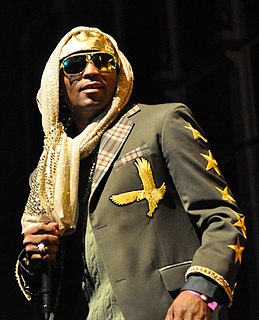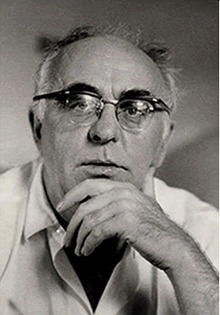A Quote by Seamus Heaney
It has as much to do with the energy released by linguistic fission and fusion, with the buoyancy generated by cadence and tone and rhyme and stanza, as it has to do with the poem's
concerns or the poet's truthfulness.
Related Quotes
The technologists claim that if everything works [in a nuclear fission reactor] according to their blueprints, fission energy will be a safe and very attractive solution to the energy needs of the world. ... The real issue is whether their blueprints will work in the real world and not only in a "technological paradise."... Opponents of fission energy point out a number of differences between the real world and the "technological paradise." ... No acts of God can be permitted.
The subject of the poem usually dictates the rhythm or the rhyme and its form. Sometimes, when you finish the poem and you think the poem is finished, the poem says, "You're not finished with me yet," and you have to go back and revise, and you may have another poem altogether. It has its own life to live.
I know that in a poem, even when the speaker is speaking from the poet's experience, there's always something that's borrowed, some authority that sits outside of the poet that the poem has claimed. There's a dramatic pitch that makes the speaker capable of saying something more courageous or stranger or simply other than what the poet would be able to say.





































